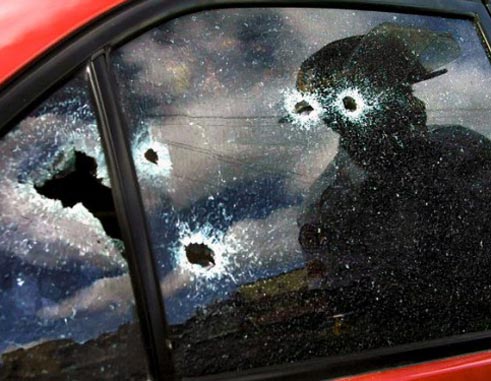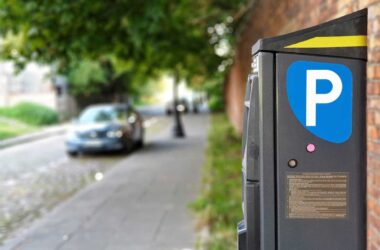THE first three months of the year were a real boon to the nation, especially the Royal Saint Lucia Police Force. That three months could go by without a single homicide being recorded seemed unreal but welcome for many citizens who have become accustomed to crime making the headlines.
The rapid rate at which gun violence claimed three lives over the Easter weekend broke the silence on a previous violent trend that many would have wished was quelled once and for all. Today, three men are dead, leaving blood on the hands of their killers that police are yet to identify.
While law enforcement seems to be neck-deep in its struggle to arrest the growing trend of criminality in this country, particularly violent crimes, the safety of the nation comes under the microscope even more intensely. People are now afraid to walk the streets even in broad daylight as criminal elements have adopted bolder means of hitting their targets.
As many of us know, including the police, much of the gun play seems to centre on ongoing feuds among rival gangs and/or communities who seem intent on protecting their turfs at any possible costs. Wearing a badge of innocent or guilt is no longer a deciding factor in a culture that has now escalated to collateral damage being the order of the day.
While the discussion about crime in every household, watering-hole, office and street corner setting might seem like popular culture of late, the reality is that we should be past the discussion stage by now.
While the police force continues to be plagued by its own weaknesses in numbers and morale, they are now being forced to come up with sophisticated methods of crime-fighting to counter modern-day criminals whose modus operandi change by the minute. The police’s progress is further diminished by a public that seems reluctant to share vital information that can lead to the arrests and/or convictions of criminals. It’s a catch-22 that seems to pit the odds in favour of the criminals.
That the prevalence of firearms on the streets has become so commonplace is definitely not a positive sign for a society still fighting its socio-economic battles. Even worse is the fact that violent crimes are now being committed by an increasingly younger demographic. At some point, something drastic – and legal – needs to be adopted to stem the dangerous trend being dictated by criminals.
Therefore, a national task force or commission seems only appropriate going forward. The Anti-Gang Act No. 4 of 2014 which criminalizes gang-related activities needs to be enforced. The Act establishes stiff penalties for gang activity, with most punishable by up to 10 years imprisonment if convicted in a court of law. That Act needs to show its teeth as there has not been a single case cited where the Act was used.
There also needs to be a comprehensive approach to ridding the streets of all those illegal firearms being used to commit crimes. As with any piece of new legislation, putting ink to page is the easiest part; doing something is often the best approach. It’s high time that the growing gang culture gets disrupted.






